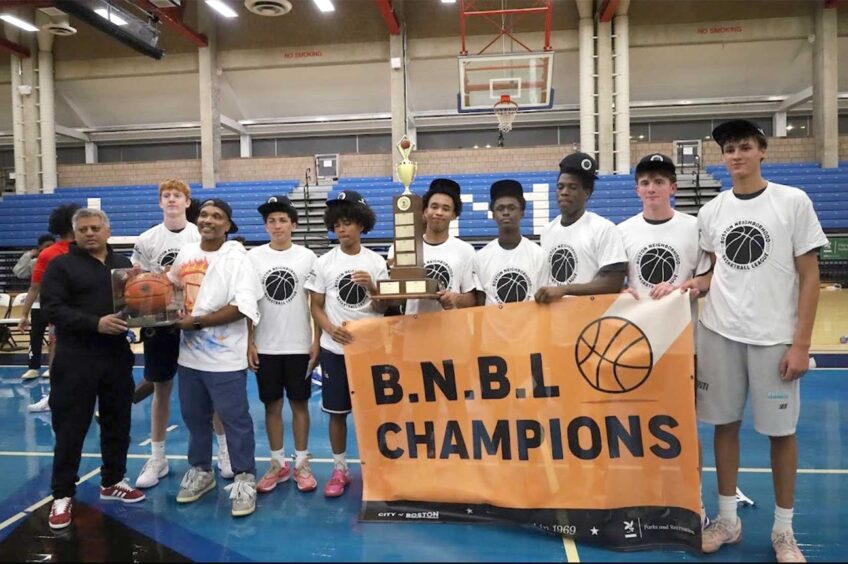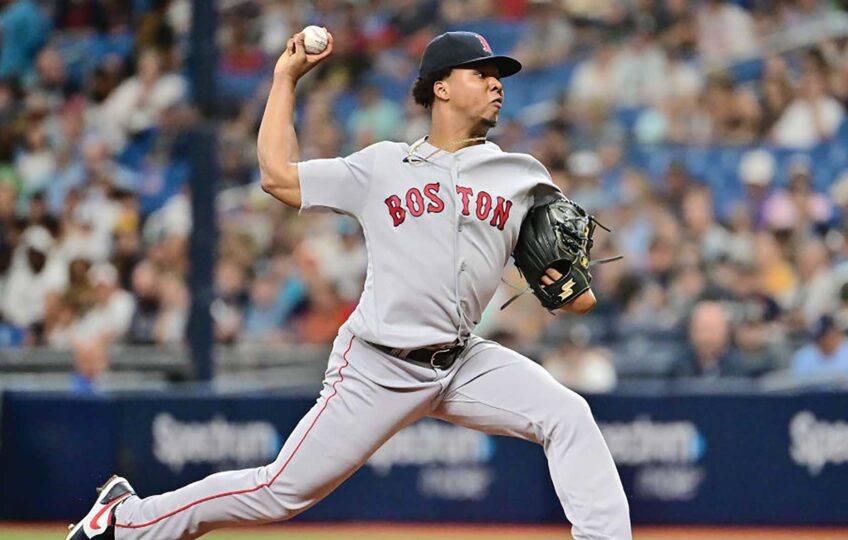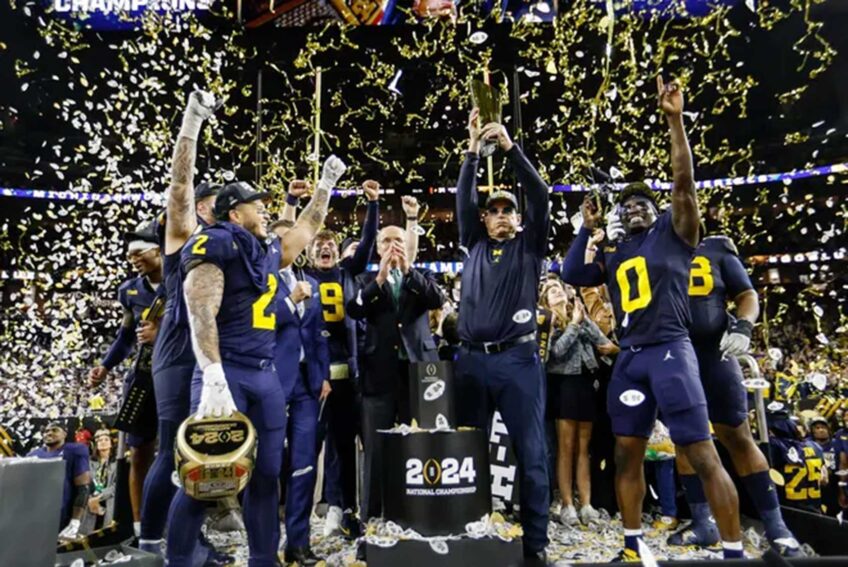The incident at the Boston Marathon where Newton police surrounded members of two racially diverse running clubs along the course has called attention to how runners of color often feel unwelcome at races, locally and across the country.
Members of Pioneers Run Crew and TrailblazHers Run Co. were striding behind fellow members to cheer them on, a common but technically disallowed practice, when the incident occurred. Newton Mayor Ruthanne Fuller has expressed a willingness to meet with the clubs to smooth things over. The Boston Athletic Association, the marathon’s sponsor, acknowledged “we need to do better to create an environment that is welcoming and supportive of the BIPOC communities at the marathon,” using shorthand for Black, Indigenous and People of Color.
Leaders of groups of runners of color said they see the Newton incident as part of a broader, all too familiar pattern.
“A lot of folks in our group are people who identify as Black and Brown, who have [had] really challenging experiences with police officers before,” said Aliese Lash, a Pioneers captain. “It was a really upsetting and disturbing scene to watch a group that was so clearly not harming anyone — just celebrating and cheering for people — and feeling like some part of our existence was not welcome there.”
Lash said she has never experienced at other events anything as drastic as what happened in Newton, but said the running community has room to grow before it’s fully welcoming toward runners of color.
“You’re the first few or only person […] on the start line who looks like you,” she said. “I think that as much as some people have good intentions, we have a long way to go before we can really feel safe and comfortable and welcome in distance running.”
Anthony Reed, co-founder of the National Black Marathoners Association (NBMA), said it’s important to remember running is focused on improving health and reducing stress.
“What relieves stress for a white person can also create stress for us,” he said. “It would be great to get to the point where we can truly run and cheer runners on stress free.”
Lash, who works as a clinical social worker, said running has both physical and mental benefits.
“I really believe that running is a solution to what it means and what it looks like to reap the benefits of having bilateral stimulation, of moving your body, of allowing your stress to flow through your body. Also, to be in community while you do it is incredibly healing,” she said.
Reed said a goal of the NBMA since its inception almost 20 years ago has been encouraging participation of Black runners in the sport and running clubs like Pioneers and TrailblazHers are important pieces of expanding that diversity.
Lash said it’s exciting to watch the diversity in the sport grow.
“People for so long have seen running as a white-person sport, like, ‘That sport is for the skinny, tall white guys with little shorts on who probably make more money than all of my family,’” Lash said. “What it means to know that we also belong in the sport is incredibly important.”
One effort to increase diversity is the 26.True Marathon, an unsanctioned marathon, organized by Pioneers, that tours through Boston’s neighborhoods.
“An event like the Boston Marathon is sort of by design for people who are elite runners, who are upper-middle-class white folks. Only two miles of the Boston Marathon are actually in the city of Boston,” said Lash, who is a race director for 26.True. “We all have to leave our neighborhood in the first place to go watch this marathon that’s called the Boston Marathon that’s not actually in Boston. To me, that alone speaks to the culture of who this race is for.”
The organization of 26.True came from a need Lash and other members of Pioneers saw in the community. Despite being one of her favorite projects she has ever contributed to, if the BAA changed the course of the Boston Marathon to be more in Boston, Lash wouldn’t feel the need to organize 26.True.
“The development of 26.True, in every sense of the way, is us creating our own table, and not just wanting to change what’s already been going on for a historic 127 years, but for us to recognize where we are now, what we need now, what we hope for now,” Lash said. “That event especially is, in every way, rooted in inclusivity and being welcoming to every type of runner, being able to show that representation matters as we’re running through these communities.”






